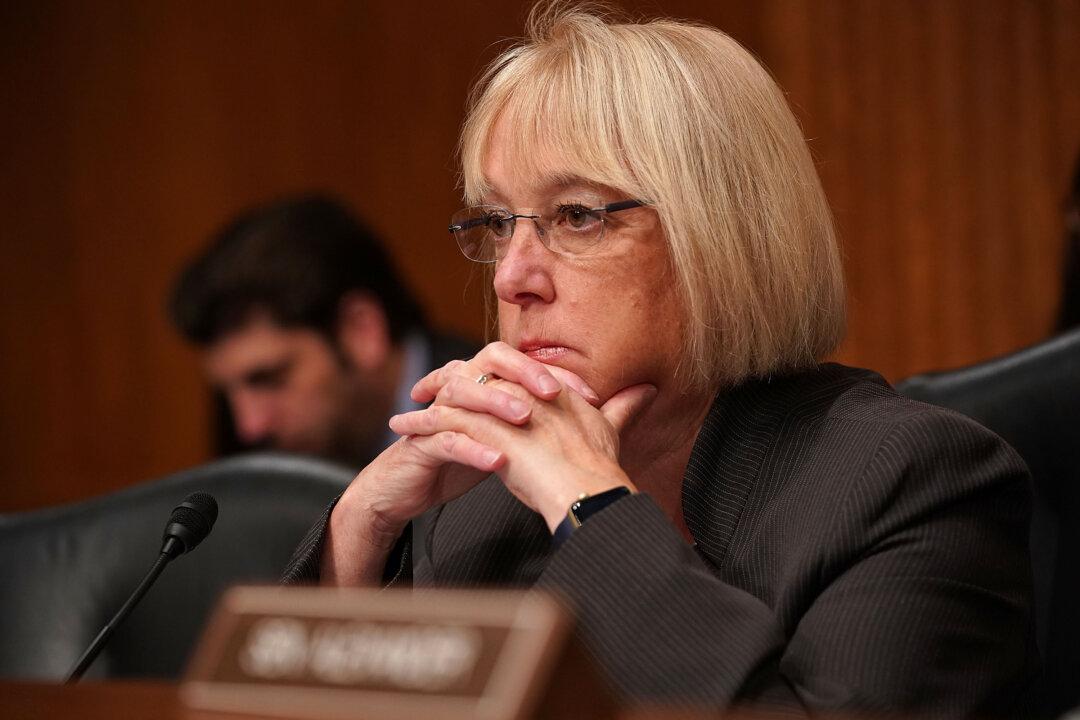Sen. Patty Murray (D-Wash.) has blocked a bill that would expand protections for children that are born alive after an abortion.
The bill was presented on Feb. 4 by Sen. Ben Sasse (R-Neb.), who emphasized its necessity in light of a recent statement by Virginia Gov. Ralph Northam in which he appeared to endorse abortion even after birth, in a Jan. 30 radio interview.





